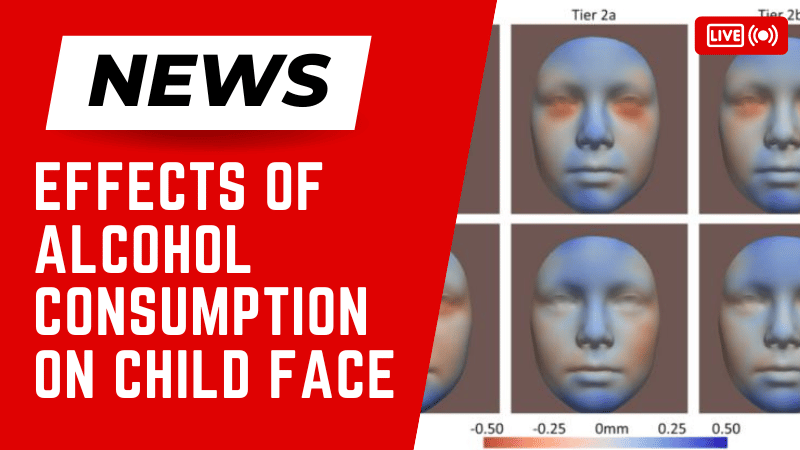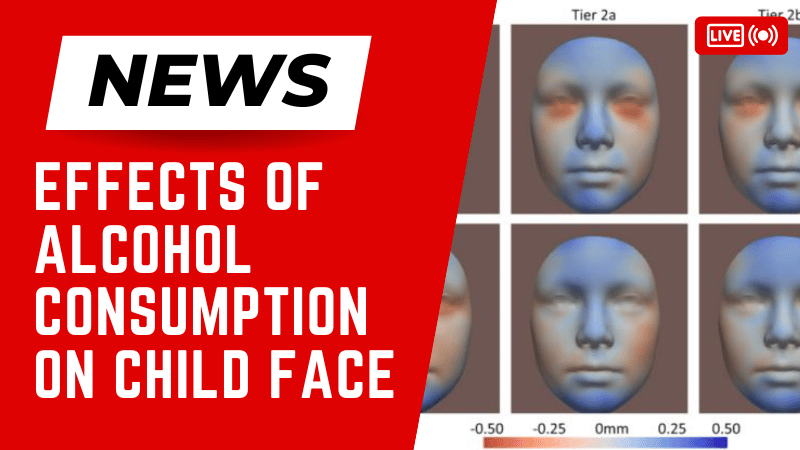
Studies have shown that a single glass of wine per day during pregnancy can lead to permanent changes in the facial features, and perhaps even cognitive abilities of a child.
Dutch researchers used 3D imaging to study 200 facial traits of more than 5,600 school-age children. Researchers found that there were differences in facial features between children whose mothers consumed alcohol during pregnancy and their counterparts who didn’t.
Permanent changes to the child’s appearance can be caused by drinking just 12 grams per week of alcohol (or one standard drinks).
Prenatal alcohol exposure was associated to chins that spread more than the chins of children born to mothers who did not consume alcohol during pregnancy.
Also, exposure to alcohol in utero was associated with a smaller, slightly raised nose and an area under their eyes that is less visible.
Many mothers who consumed alcohol during pregnancy also consumed alcohol during the three months preceding conception.


The term fetal alcohol syndrome disorder (heavy drinking during pregnancy) is well-known. This condition causes a variety of changes in the baby’s behavior, cognitive abilities, and face.

“Prenatal alcohol consumption can have detrimental effects on child development. It can also lead to the development of fetal Alcohol Spectrum Disorders in mothers who consume large amounts of alcohol.
This syndrome results in a child’s having a very thin upper lips, upturned nose structure, smooth skin between nose and upper lip and small eyes. They have trouble with socialization, concentration, memory related tasks, school homework, and socialization.
A study that found less than 70g alcohol per week during pregnancy was shown to have an adverse effect on the craniofacial growth of children.
Practically speaking, health advisors state that alcohol is not considered to be harmful for the development of an unborn baby.

